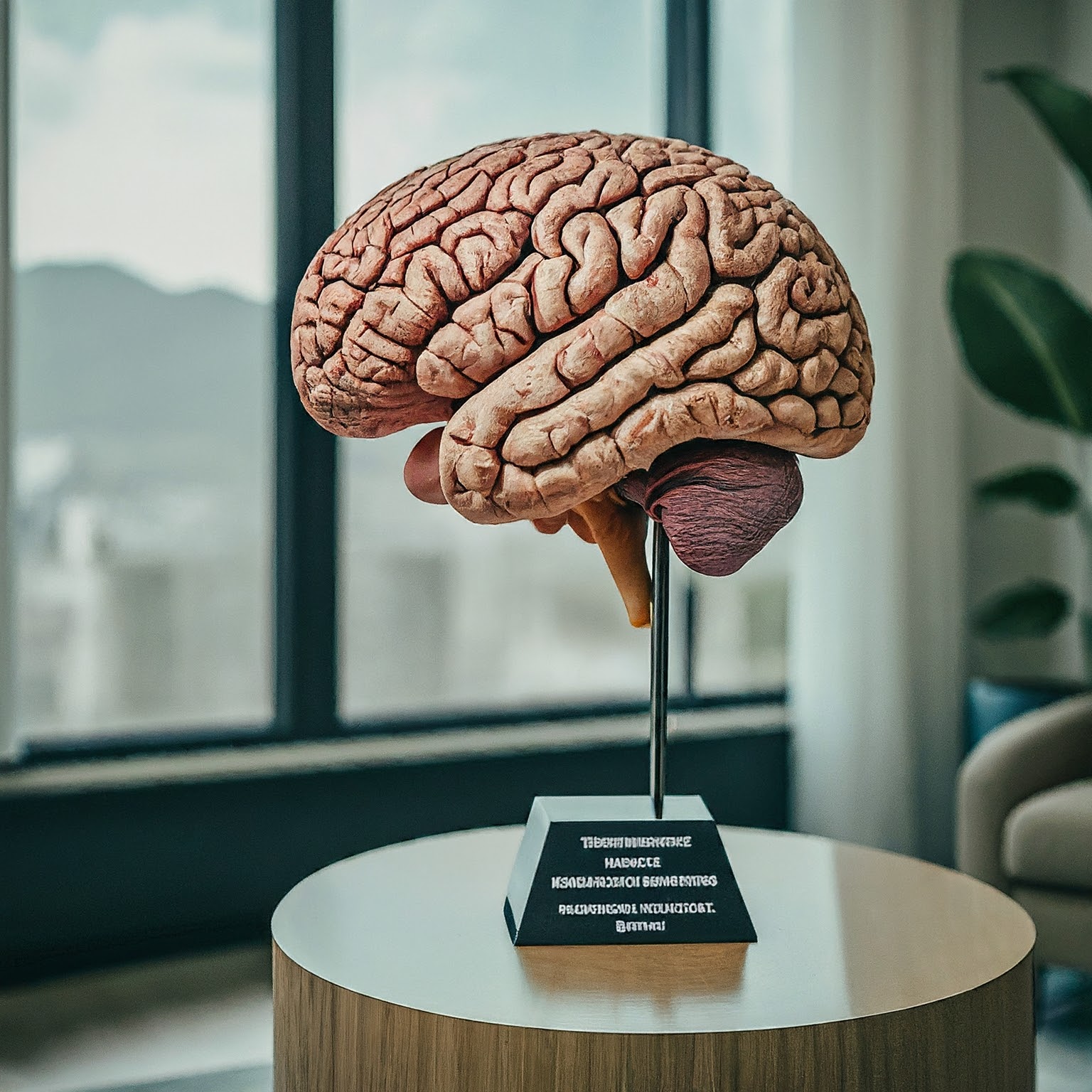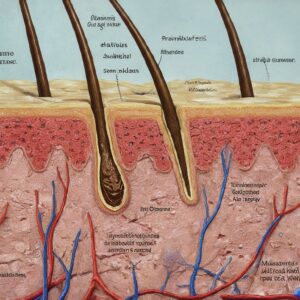Starting a Career in Clinical Neuropsychology: Focus on the American Board of Clinical Neuropsychology (ABCN)
introduction
Clinical neuropsychology is a vital field within psychology that examines the relationship between brain function and behavior. With advancements in neuroscience and psychology, the role of clinical neuropsychologists has become increasingly important in diagnosing and treating individuals with cognitive and neurological disorders. If you aspire to become a clinical neuropsychologist, this article will guide you through the steps to achieve this goal, emphasizing the significance of the American Board of Clinical Neuropsychology (ABCN), certification processes, and the educational requirements necessary for success.
Understanding Clinical Neuropsychology
Clinical neuropsychology combines principles of psychology and neuroscience to understand how brain abnormalities can impact cognition, behavior, and emotions. Neuropsychologists conduct assessments, diagnose conditions, and develop treatment plans for patients with neurological issues from injuries, illnesses, or developmental disorders. Their work is essential in various settings, including hospitals, rehabilitation centers, and private practices.
Why Pursue a Career in Clinical Neuropsychology?
Pursuing a career in clinical neuropsychology offers several rewards:
- Impacting Lives: Neuropsychologists help individuals regain cognitive functions, improve their quality of life, and navigate the challenges associated with neurological disorders.
- Interdisciplinary Collaboration: The field provides opportunities to work alongside neurologists, occupational therapists, and other healthcare professionals, fostering a collaborative environment for patient care.
- Continuous Learning: The dynamic nature of neuropsychology necessitates ongoing education and professional development, making it an exciting field for those passionate about learning.
Steps to Become a Clinical Neuropsychologist
- Earn a Bachelor’s Degree
The journey to becoming a clinical neuropsychologist begins with obtaining a bachelor’s degree in psychology, neuroscience, or a related field. This foundational education will introduce you to essential concepts in human behavior, cognitive processes, and brain structure. Key courses include:
- General Psychology
- Biological psychology
- Statistics
- Research methods
- Neuroscience
Consider getting involved in research projects or internships during your undergraduate studies to gain practical experience and strengthen your application for graduate programs.
- Pursue a Doctoral Degree
After earning your bachelor’s degree, the next step is to pursue a doctoral degree in clinical psychology or a related field. You can choose between a Ph.D. (Doctor of Philosophy) or a Psy.D. (Doctor of Psychology), both of which can lead to a career in clinical neuropsychology. Here are key aspects to consider during your doctoral education:
- Specialization: Select a program that offers a focus or specialization in neuropsychology. Look for coursework that covers neuroanatomy, neuropsychological assessment, and cognitive rehabilitation.
- Accreditation: Ensure that your doctoral program is accredited by the American Psychological Association (APA) or a similar accrediting body. This accreditation will be crucial when seeking licensure and board certification.
- Practical Experience: Most doctoral programs require internships or clinical training as part of the curriculum. Seek opportunities in settings that allow you to work with patients who have neurological disorders, such as hospitals or rehabilitation centers.
- Gain Supervised Experience
After completing your doctoral degree, you will need to gain supervised experience. This is typically achieved through a postdoctoral fellowship in clinical neuropsychology, which lasts one to two years. During this period, you will:
- Work under a licensed neuropsychologist: This hands-on training is essential for developing clinical skills and gaining experience in neuropsychological assessment and treatment.
- Conduct assessments and evaluations: You will learn to administer neuropsychological tests, interpret results, and develop treatment plans for patients.
- Participate in interdisciplinary teams: Collaboration with other healthcare professionals will enhance your understanding of how various disciplines intersect in patient care.
- Obtain Board Certification from ABCN
The American Board of Clinical Neuropsychology (ABCN) is the premier organization certifying clinical neuropsychologists in the United States. Board certification is a vital step in establishing your credentials and demonstrating your expertise in the field. Here’s how to achieve certification through ABCN:
Eligibility Requirements
To be eligible for board certification, you must meet the following requirements:
- Education: Hold a doctoral degree in psychology from an APA-accredited program, with specialized training in neuropsychology.
- Supervised Experience: Complete at least two years of supervised postdoctoral training in clinical neuropsychology, which includes at least 1,500 hours of direct patient care.
- Licensure: Hold a valid license to practice psychology in your state.
Examination Process
The certification process through ABCN involves passing two examinations:
- Written Examination: This comprehensive exam assesses your knowledge of neuropsychology, covering topics such as neuroanatomy, assessment techniques, and treatment strategies.
- Oral Examination: After passing the written exam, you will participate in an oral examination, which assesses your clinical judgment and decision-making skills through case presentations and discussions.
Maintaining Certification
Once you have achieved certification, it is essential to maintain your credentials through continuing education. ABCN requires board-certified neuropsychologists to complete a specified number of continuing education credits every year to ensure they stay updated on the latest developments in the field.
FAQs About Clinical Neuropsychology and ABCN
- What is the American Board of Clinical Neuropsychology (ABCN)? The ABCN is the certifying body for clinical neuropsychologists in the United States. It sets the standards for education, training, and practice in neuropsychology and provides board certification to qualified professionals.
- Why is board certification important? Board certification from ABCN demonstrates your expertise and commitment to the field of clinical neuropsychology. It can enhance your job prospects, increase your credibility among peers, and ensure that you meet the highest standards of practice.
- What types of patients do clinical neuropsychologists work with? Clinical neuropsychologists work with patients who have neurological conditions such as traumatic brain injuries, strokes, neurodegenerative diseases (e.g., Alzheimer’s), learning disabilities, and developmental disorders.
- What are the career opportunities for clinical neuropsychologists? Clinical neuropsychologists can work in various settings, including hospitals, rehabilitation centers, private practices, research institutions, and academic settings. Many focus on clinical practice, while others may engage in research or teaching.
- What skills are essential for a successful clinical neuropsychologist? Key skills include strong analytical and critical thinking abilities, excellent communication skills, empathy, attention to detail, and proficiency in administering and interpreting psychological assessments.
- How long does it take to become a clinical neuropsychologist? Becoming a clinical neuropsychologist typically takes 10 to 12 years, including undergraduate education, doctoral training, supervised experience, and certification.
- Can you work in neuropsychology with a master’s degree? While a master’s degree may allow you to work in related fields, such as a psychological technician or research assistant, it is generally insufficient for licensure as a clinical neuropsychologist. A doctoral degree and board certification are required to practice independently.
Personal Journey: A Path to Clinical Neuropsychology
A recent YouTube video featured a young woman discussing her journey into clinical neuropsychology. She started by obtaining a bachelor’s degree in psychology, where she discovered her interest in brain function and cognition. This led her to pursue a Ph.D. in clinical psychology, on neuropsychology.
During her doctoral studies, she emphasized the importance of finding a mentor in the field. She shared how her mentor, a board-certified neuropsychologist, guided her through gaining supervised experience and preparing for board certification.
The speaker detailed her experiences during her postdoctoral fellowship, highlighting the invaluable hands-on training and the complexities of working with patients facing cognitive challenges. She also discussed her decision to pursue board certification through ABCN, explaining the preparation and study required for the written and oral examinations.
Her story exemplifies the commitment and passion needed to thrive in clinical neuropsychology, reinforcing the importance of mentorship and continued education.
Additional Resources
To further explore clinical neuropsychology and the ABCN, consider the following resources:
Articles
- American Board of Clinical Neuropsychology (ABCN)
- This official site provides information on board certification, eligibility requirements, examination processes, and continuing education for neuropsychologists. Visit ABCN.
- Clinical Neuropsychology: An Overview
- This article from the National Institute of Neurological Disorders and Stroke discusses the role of clinical neuropsychologists and the assessments they conduct. Read here.
- Neuropsychology Training and Certification
- This resource outlines the education and training required to become a clinical neuropsychologist, including details about the ABCN certification process. Read here.
YouTube Videos
- Becoming a Clinical Neuropsychologist
- This informative video details the steps to becoming a clinical neuropsychologist, including education, training, and certification through ABCN.
- Understanding Neuropsychological Testing
- This video provides an overview of the types of tests administered by neuropsychologists and their significance in diagnosing cognitive disorders.
- Career Path in Clinical Neuropsychology
- This video features professionals sharing their experiences in the field, including tips for aspiring neuropsychologists on how to navigate their careers.
- The Role of ABCN in Neuropsychology
- This video discusses the importance of the ABCN in setting standards for neuropsychologists and the process of board certification.
- A Day in the Life of a Clinical Neuropsychologist
- This engaging video gives viewers insight into the daily responsibilities and challenges faced by clinical neuropsychologists in various settings.
Conclusion
Embarking on a career in clinical neuropsychology is a rewarding journey that requires dedication, education, and a passion for helping others. The American Board of Clinical Neuropsychology (ABCN) plays a crucial role in certifying professionals in this field, ensuring that they meet the highest standards of practice. By following the outlined steps and utilizing available resources, aspiring clinical neuropsychologists can pave their way to a fulfilling and impactful career in understanding the complexities of the human brain and its influence on behavior.




